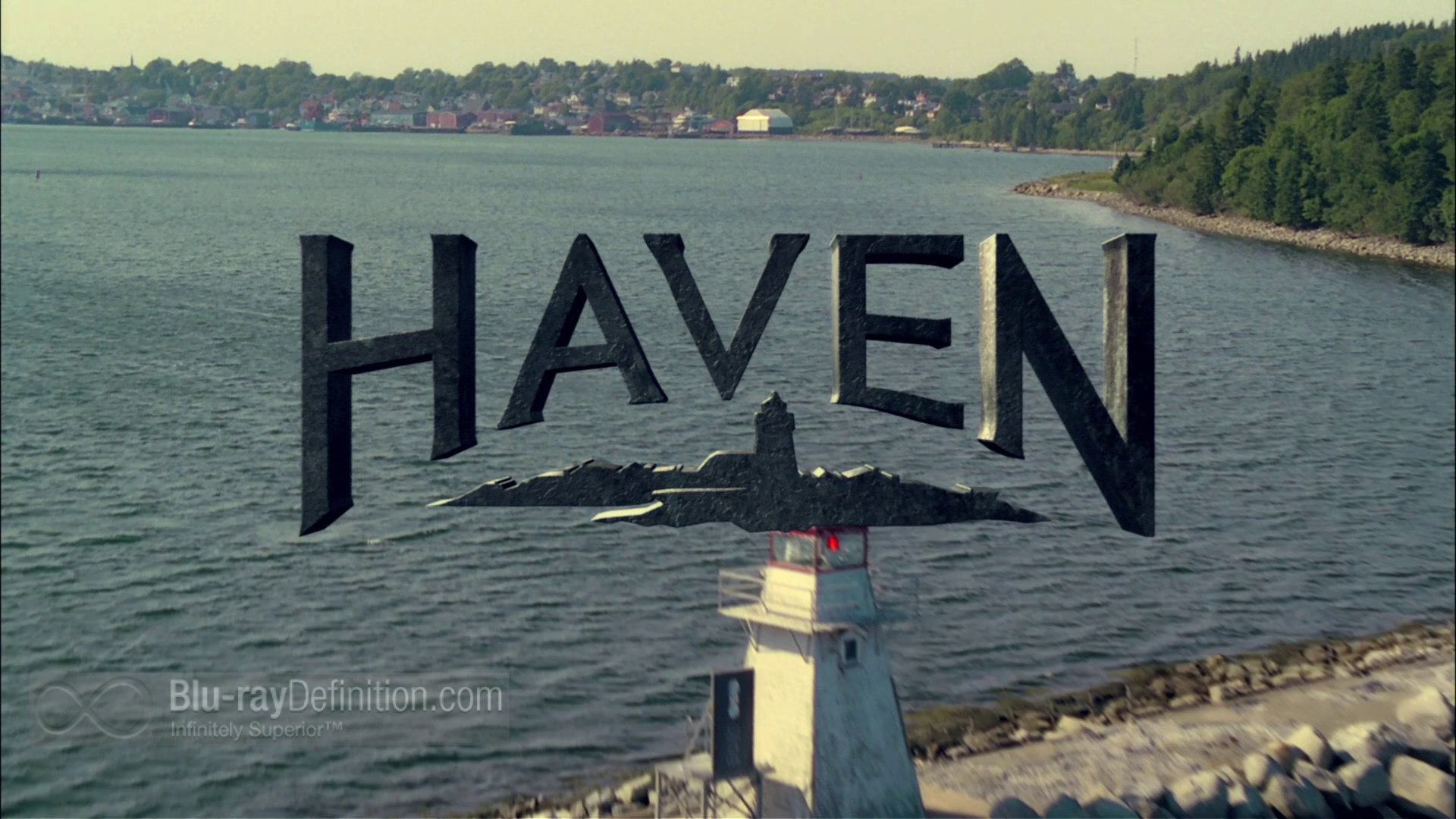

Similar names: Adkins Beverleigh Blandford Clark. Even increased transparency does not change the effectiveness of corporate tax avoidance. In English Baby Names the meaning of the name Haven is: Place of safety shelter. Each haven can claim that it does not satisfy definitions that attempt to place all tax havens into a single class. Large multinational corporations may have dozen of such tax haven entities interacting with each other. By matching outflow to income they do not retain capital and their role, while crucial, remains invisible. The remaining profits are transferred to the primary tax haven, because it holds rights to profits due to the corporate IP.

Semi-tax havens are reimbursed for actual product costs, perhaps with a commodity markup.


Primary tax havens: the location where financial capital winds up.Related to international business, tax havens can be classified in three types: Tax havens do not require that an individual reside in or a business operate out of that country in order to benefit from its tax policies. Individuals and businesses that do not reside a tax haven can take advantage of these countries’ tax regimes to avoid paying taxes in their home countries. Tax havens also provide little or no financial information to foreign tax authorities. Some intransitive verbs may form the perfect with ben rather than haven.A country, state or territory that offers foreign individuals and businesses little or no tax liability in a politically and economically stable environment.The perfect progressive construction (modern have been + present) is known in Middle English, though rare and late.As in Modern English, haven may be used elliptically in auxiliary constructions if the main verb is implicit.( auxillary ) Denotes completion forms the perfect tense.to be obliged to do to be scheduled to do.to have ( done ) to cause to ( do, be ).But I came so they could have life, and have it more abundantly. A stealthy thief doesn't come unless he can steal, kill, and ruin. but þat he ſteele ſle ⁊ leeſe / and I cam þat þey haue lijf.to include (as a part, ingredient, or feature).have, haav, haf, hafe, haben, habben, heven, haweįrom Old English habban, hafian, from Proto-West Germanic *habbjan, from Proto-Germanic *habjaną.( dialectal ) (single) hair Synonyms: hapsi, hiusĭeclension Inflection of haven ( Kotus type 49*E/ askel, p-v gradation).See the etymology of the corresponding lemma form.įinnish Alternative forms įrom Proto-Finnic *haben, possibly a Baltic loan. Swedish: fristad (sv) c, tillflyktsort (sv) c.Serbo-Croatian: sklonište (sh), pribježište (sh), luka spasa, refugij (sh).Maori: piringa, punanga, tuohunga, whakamaurutanga, āhuru mōwai.German: Zufluchtsort (de) m, Rückzugsort (de) m.French: asile (fr) m, refuge (fr) m, abri (fr) m, havre (fr) m.Dutch: vrijhaven (nl) f, toevluchtsoord (nl) m.Danish: tilflugtssted n, refugium n, fristed n.A harbour or anchorage protected from the sea.From Middle English haven, havene, from Old English hæfen ( “ haven harbour port ” ), from Proto-West Germanic *habanu, from Proto-Germanic *habnō, *habanō (compare Dutch haven, German Hafen, Norwegian/ Danish havn, Swedish hamn), from Proto-Germanic *habą ( “ sea ” ) (compare Old English hæf, Middle Low German haf, Old Norse haf ( “ sea ” ), German Haff ( “ bay or lagoon behind a spit ” ), perhaps, in the sense of "heaving sea", etymologically identical with Old Norse haf ( “ heaving, lifting, uplift, elevation ” ), derived from Proto-Germanic *habjaną ( “ to lift, heave ” )), or from Proto-Indo-European *kh₂pnós (compare Old Irish cúan ( “ harbor, recess, haven ” )).


 0 kommentar(er)
0 kommentar(er)
